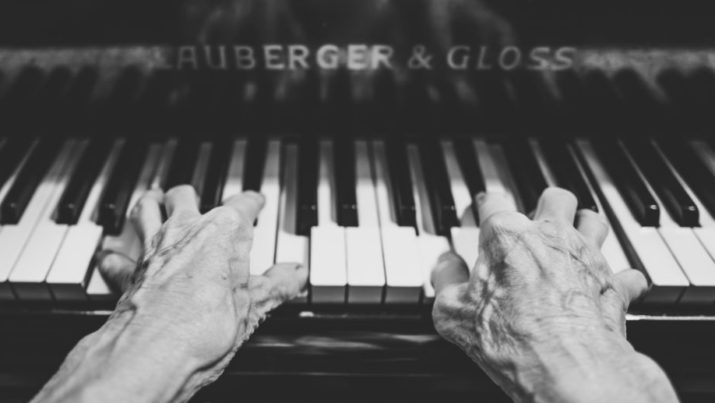
When exactly did being “older” become bad?
As the fifth child of eight, being older was always better than being younger. For example, during summer vacation, we younger ones had to go to bed early, while the older ones could stay up. The older ones also received choice opportunities. We were a football-obsessed family and had season tickets to the New York Jets for several years in the late 1960s and 1970s. Each Sunday, my father would take one of us with him to a home game at Shea Stadium in Queens, NY. Because of my young age, I always attended the games in which the Jets played the worst teams in the division. And so on, and so on.
I began playing the French horn in elementary school. Performing in school bands and orchestras made me accustomed to the merits of a seniority system. With few exceptions, it was obvious that the better players were the more senior players, because they had the benefit of more experience. Later, I played in community bands and orchestras, which exposed me to an even broader range of ages, including septuagenarians and octogenarians. Even when it was obvious that some of these older players were past their primes, it was equally obvious that they had much to offer. So, I proudly performed with the former principal trumpet player of the Metropolitan Opera, for example, and learned how to “swing” from brass and woodwind players who performed with Big Bands superstars such as Stan Kenton, Glenn Miller and Tommy Dorsey, to name a few. I felt incredible pride from my association with such iconoclastic musical lineages from the past.
Over time, however, it became increasingly obvious that the majority culture did not share my appreciation of the age-experience link, instead fixating on a culture that celebrates youth. What does a youth-worshipping culture look like? It’s one where women feel compelled to use Botox or to get plastic surgery in their 20s and 30s. Where men and women in their 30s become obsessed with hair loss and dyeing gray hair. Or when forty-year-olds scramble to shave a decade off their resumes lest they lose out to younger competition. Imagine, people who share a birth year with President Obama being written off from job consideration because they are too “old.” Or 60- and 70-year-olds who struggle with hearing loss because they refuse to use a hearing aid lest they appear “old.”
“Ageism,” which is the term for discrimination based on age, thrives on this youth-centric national obsession. Ironically, ageism is an equal opportunity oppressor: young people can experience it as well. A PBS story from last year reported that ageism in the workplace starts as early as 35, when younger workers receive a 40 percent better response to sending out resumes than older job seekers. PBS also reported on another study that found that “half of women over 50 who are unemployed are long-term unemployed.”
Statistics like these inspired me to return to school to study social work to figure out how to respond to such egregious discrimination. Increasingly these days, I find myself looking at young children and wondering what their life journeys will be and how they will be regarded when they reach their 80s and 90s. I wish I could bottle the looks of affirmation and love so freely bestowed on these children by total strangers. Hopefully, when they become older, today’s children will have created a world capable of embracing tomorrow’s older adults with the affirmation and love they deserve.
Photo by Lukas Budimaier


